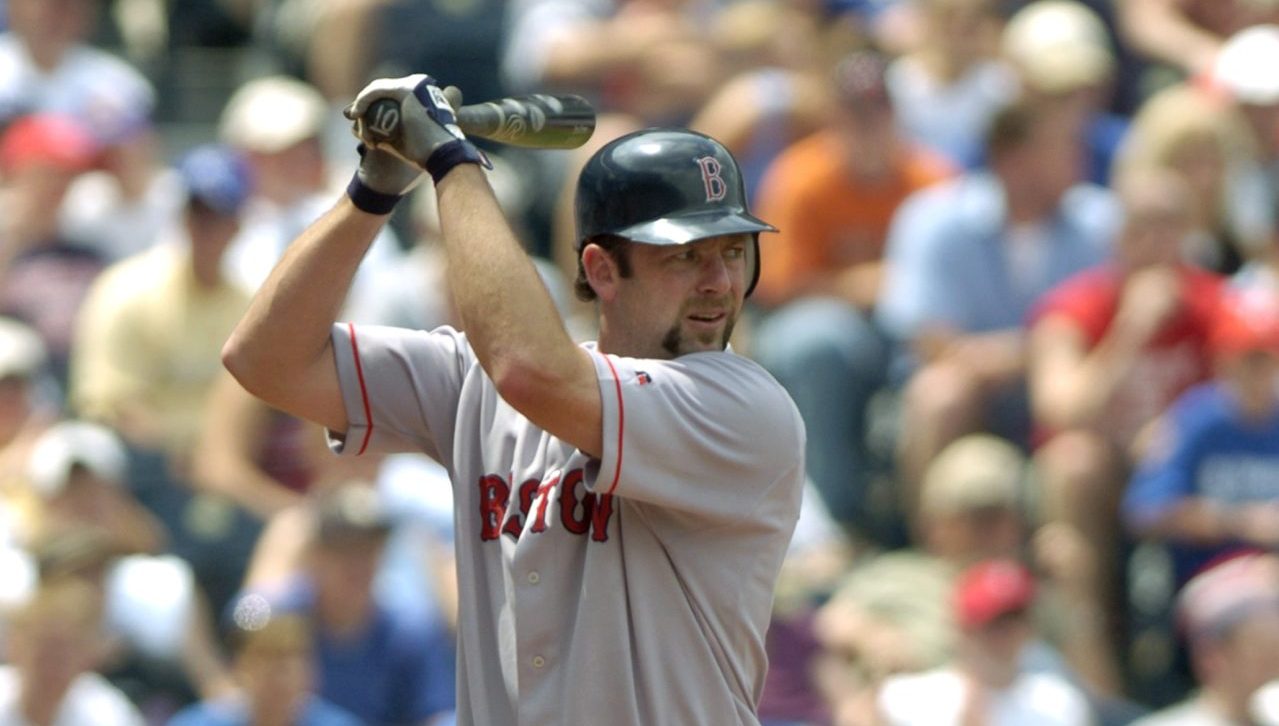A task force put together by the state treasurer is recommending an overhaul of Massachusetts' alcohol laws, some of which date to the end of Prohibition in 1933.
The final 288-page report released Thursday could mean higher booze prices for consumers, but could mean the end of confusing and annoying rules.
The seven-member task force said it considered that "ways to purchase alcohol are changing with time and technology; buying habits of younger generations are evolving; and the market itself is changing as evidenced by increasing numbers of craft and farmer breweries, wineries, and distilleries in Massachusetts and across the country."
The Boston Globe reports that the proposals include increasing the state excise taxes on beer, wine, and liquor by about 50 percent, which could generate more than $40 million in additional state revenue. But those higher taxes would be passed on to drinkers.
The Alcohol Task Force also recommends abolishing the limit on the number of alcohol licenses grocery store chains can hold, allowing bars to accept out-of-state photo IDs and letting brewers sell beer through other retailers instead of beer distributors.
The board is also recommending increasing the fine for selling alcohol to minors from $2,000 to $2,900 per offense. The fine for using false IDs would more than quadruple from $300 to $1,250.
Any changes require legislative approval. It's unclear if any of the proposals would ultimately be adopted.
Local
In-depth news coverage of the Greater Boston Area.
The panel was put together by Treasurer Deborah Goldberg, who oversees alcohol regulations. The task force consisted of an independent group of professionals appointed by the treasurer, House speaker, Senate president and governor.
"Our office has just begun reviewing this report and will identify next steps that can be done internally, in addition to developing long term legislative priorities that will promote public safety, help our Massachusetts businesses, and enhance the smooth operations of the Alcohol Beverages Control Commission," Goldberg said.
The recommendations were made with input from the alcohol-related organizations and businesses, consumers and independent research and studies.



